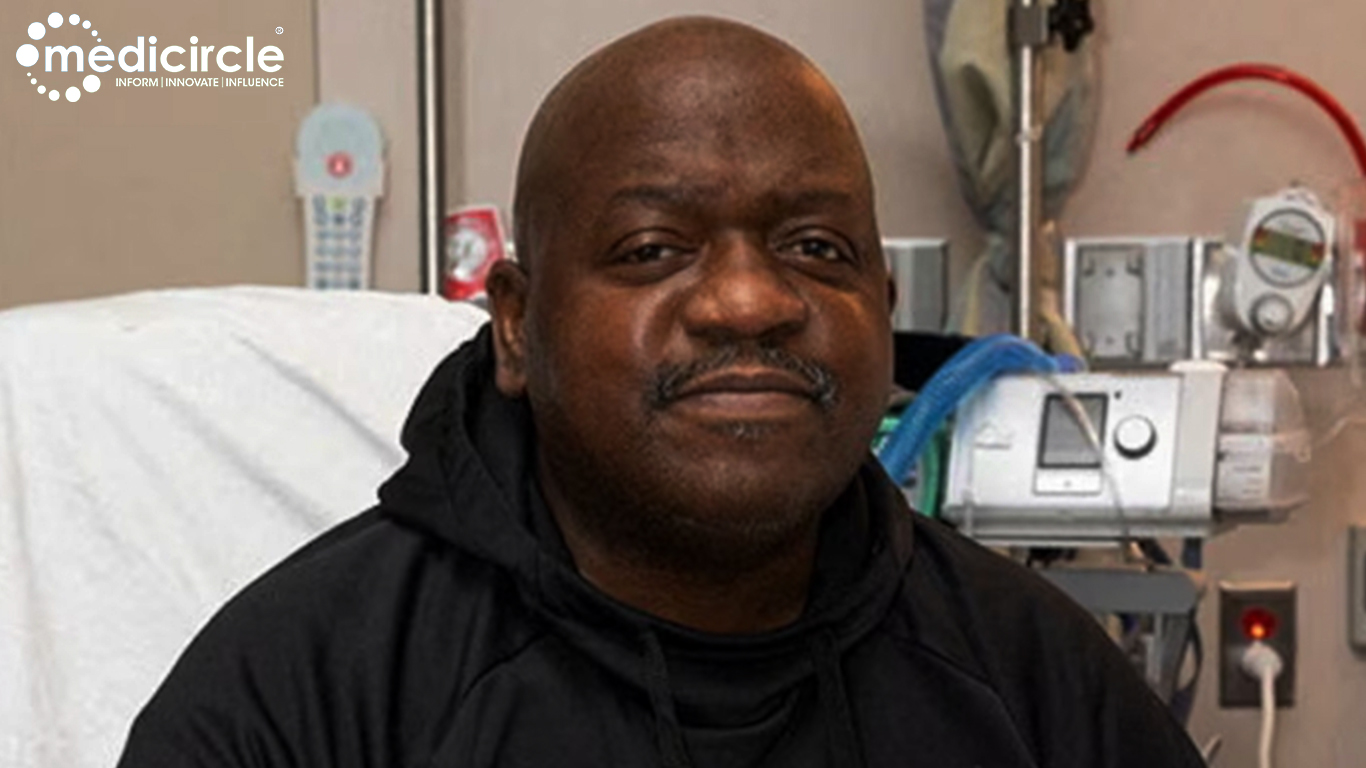In a recent medical development earlier this year, a man with end-stage renal disease received a genetically modified pig kidney in a transplant. The recipient, Rick Slayman, 62, tragically passed away recently, sparking interest and reflection on the potential of xenotransplantation in organ transplantation.
The Transplant and Its Significance: Mr. Rick Slayman underwent a four-hour surgery at Massachusetts General Hospital in March to receive a kidney from a genetically modified pig, marking a major milestone in medical science's quest to address the organ shortage crisis. This procedure aimed to provide more readily available organs to patients in need.
The hospital's transplant team expressed deep sadness at Mr. Slayman's passing but clarified that there was no indication that it was related to the recent transplant. The procedure utilized a kidney provided by eGenesis, a company based in Cambridge, Massachusetts, which specializes in genetic modification of pigs for organ transplantation.
Genetically Modified Pig Kidney: The pig kidney used in the transplant was specifically engineered to remove genes that could be harmful to a human recipient and incorporate certain human genes to enhance compatibility. Furthermore, eGenesis deactivated pig viruses that pose potential infection risks to humans, making the organ safer for transplantation.
Prior Successes and Research: Before human trials, eGenesis demonstrated the feasibility of pig organ transplantation by successfully transplanting kidneys from similarly modified pigs into monkeys. These animals survived for extended periods, with some living up to two years post-transplant.
The successful pig-to-monkey transplants lead the way for human trials, offering hope for individuals on organ transplant waiting lists. Researchers are optimistic about the potential of xenotransplantation to alleviate the shortage of viable donor organs.
Experimental Treatments and Immunosuppression: To prevent rejection of the pig kidney by Mr. Slayman's immune system, doctors utilized experimental immunosuppressive treatments, including an antibody called tegoprubart, developed by Eledon Pharmaceuticals. This approach aimed to enhance the organ's acceptance and prolong its function within the recipient's body.
Organ Shortage and Need for Innovation: The tragic passing of Mr. Slayman highlights the critical need for innovative approaches to address the growing demand for transplantable organs. In the United States alone, over 100,000 individuals await organ transplants, with kidneys being the most sought-after organs.
Ongoing Research and Future Prospects: Despite setbacks, the field of xenotransplantation continues to advance, with ongoing research exploring the potential of genetically modified animal organs as viable alternatives to human organs. Researchers and medical professionals remain committed to advancing this promising avenue to save lives and improve outcomes for patients awaiting transplants.
The passing of Rick Slayman is a poignant reminder of the challenges and opportunities in organ transplantation. While his story represents a significant step forward in medical innovation, it also highlights the complexities and risks associated with groundbreaking procedures.
As researchers continue to push the boundaries of medical science, the hope is that advancements in xenotransplantation will ultimately transform the landscape of organ transplantation, offering renewed hope to individuals awaiting life-saving treatments.

 While his story represents a significant step forward in medical innovation, it also highlights the complexities and risks associated with groundbreaking procedures.
While his story represents a significant step forward in medical innovation, it also highlights the complexities and risks associated with groundbreaking procedures.






.jpg)










.jpeg)

.jpeg)










.jpg)




.jpg)

